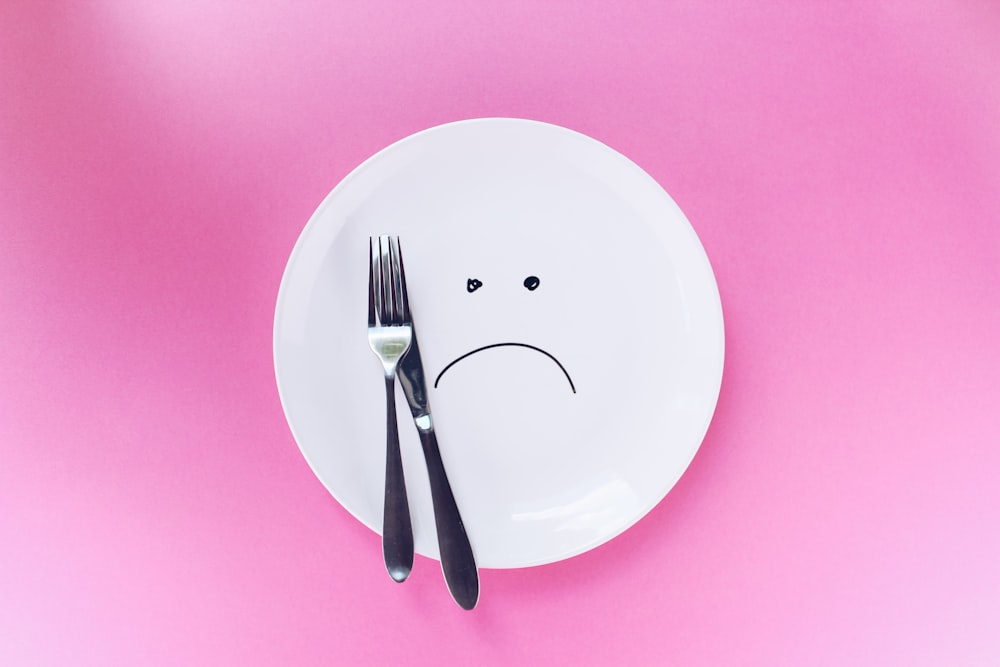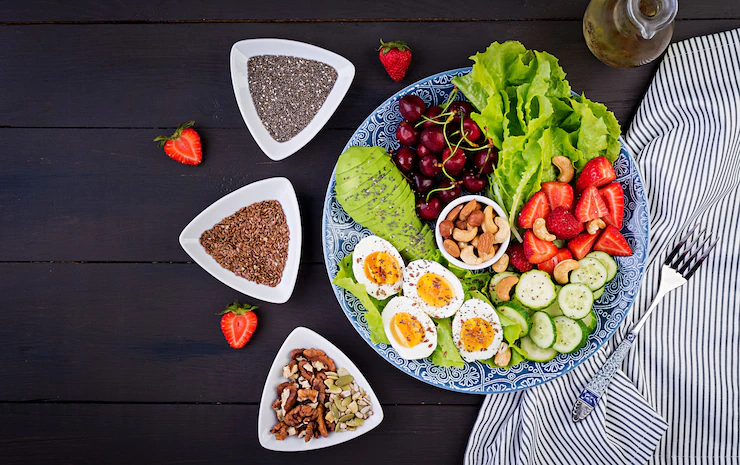Going on a diet is not easy. It requires an enormous amount of self-discipline and organization.
Some people will announce they will try to lose weight at the start of a new year. However, people have often quit their plans believing they did not have the motivation when all they needed was a quality plan of action. Fortunately, such plans do not need to be a solo effort.
If your loved one has resolved to go on that all-important diet, you can resolve to take on a supporting role. Playing that part will better their chances of success significantly. If you are dealing with a more vulnerable loved one, your efforts will be doubly appreciated.
What can you do here?
Which approach works best?
Here Are Some Tips To Help You Support A Loved One That Is On A Diet
1. Adopt Their Stance

Diets are often dismissed as being a fleeting fad or a vain person’s endeavor. However, these efforts are often rooted in health or even ethical concerns. Decisions made here can be serious and weighted.
You should try to match the tone and vigor of the objectives that your loved one is setting for themselves. For example, if they are strictly attempting to adopt the principles of veganism, then you may need to inform yourself about related world issues and make sure they are getting the nutrients they require.
Other diets may be sought to mitigate heart disease, diabetes, or other health conditions.
Each journey is different and carries its own meaning, so being mindful of dietary nuances will help you build a better rapport with the loved one you are trying to support. Some people may be motivated by health concerns rather than empowering themselves through body image.
2. Keep Digging Deeper
Many people characterize diets as being ‘routine’ or ‘monotonous’. However, there is often a way to dig deeper with a diet, so encouraging your loved one to double down could be good.
For example, the LPR diet for those suffering from silent reflux is layered, divided into other diets like the low-acid paleo diet, low histamine diet, and the low FODMAP diet.
The latter two are to be considered if silent reflux symptoms are not easing. Dr. Ruscio’s blog can walk you and your loved one through the parameters of each phase.
He also lists the symptoms of silent reflux so you people can be more acutely aware of whether their diet is succeeding at its utmost potential.
Some diets need an extra kick. Supplements can help in this, bolstering the taker’s digestive system with the right bacteria and ensuring their diet offers more rewards.
Probiotics can be worthwhile for managing LPR diets, and things like prokinetic herbs and melatonin can be useful in managing stomach acids. Do some research to see how things change with your loved one’s specific diet.
Remind your dieting loved ones that there is often more they can be doing if they are not happy with their progress. While obsessive qualities and stress should be avoided, there is plenty of room for optimizing techniques within the parameters of a diet.
3. Use Resources with Them

Despite your willingness to help, your support will have limitations if you are not a credible dieting expert. Still, these experts exist, and you can play a facilitating role in connecting them with your loved ones.
You could also put your loved one in touch with a dietitian. These experts will move away from gimmicks and focus on more reliable ways to shed the pounds. Draft questions to ask them together, such as:
- Which food intolerances should we be aware of?
- What are the components of a successful meal plan?
- Are there any exercises that will complement a new eating regime?
- Can you help us set a realistic timeframe for weight loss and nutrition goals?
Interact with these resources yourself. You could even sign up for the same services and programs. The more you keep yourself informed, the more practical advice you can offer. You may be equipped to show better empathy when you know what your loved one is going through, too, enabling you to relate to their experience more. Of course, you can also rely on one another for moral support.
4. Offer Non-Diet Related Incentives
Though you are playing a supportive role in the diet, plans such as these should not dominate your friendship or life. There is ample room for other things, and you should dutifully remind your loved one of that regularly.
Trips to the cinema, non-food-related gifts, and group hikes can be worthwhile. Any activity that reminds your loved one that their world is bigger than a diet should be encouraged. It will also imbue their life with more energy and positivity and motivate them to eat healthily more consistently.
Some activities could even complement the diet. Clothes shopping, manicures, or vacations to somewhere sunny, for instance, could help them realize just how much progress they have made during their diet.
Of course, if you are stuck for ideas, the best thing you can do is ask them for ideas. That way, you are much less likely to get things wrong.
5. Do Not Judge

Diets can last a long time. Some are even lifelong, depending on the circumstances. There is plenty of room for error, especially in wider timeframes.
Supporting a loved one on a diet should be a loving gesture. The rules of being ‘cruel to be kind’ do not apply here. Even for milder dieting requirements, people can still be sensitive about their bodies and related goals, so being kind, empathetic, and compassionate is a must throughout the process.
If the dieting is purely for empowerment purposes, then having a relaxed approach is essential. Should your loved one have a brief lapse in judgment, gentle reminders about their goals will suffice in some cases?
In others, the odd ‘cheat’ day will not compromise their efforts so long as it is a rare occasion.
If their diet must be stringent for more serious health-related reasons, avoid becoming irate and calmly explain what is at risk. In those situations, they have become distracted while consuming different types of food, especially in public settings.
Read Also:




























